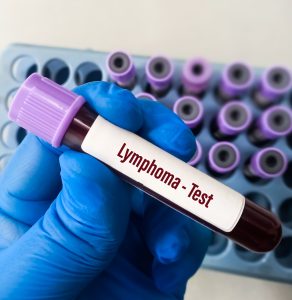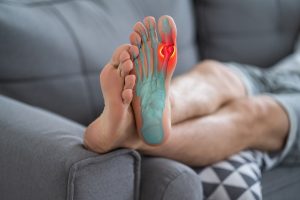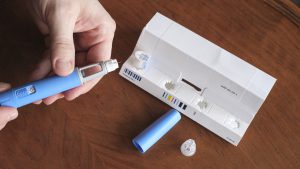The U.S. Supreme Court has agreed to hear a case that could fundamentally reshape one of the largest mass-tort litigations in American history: the lawsuits alleging that Roundup, the widely used weed-killer, causes cancer.
Roundup has been on the market since the 1970s and became a staple of modern agriculture and home gardening. Its active ingredient, glyphosate, has also been the subject of decades of scientific debate. While some laboratory animal studies and limited human data have suggested a link between glyphosate exposure and certain cancers—most notably non-Hodgkin lymphoma—regulators, including the Environmental Protection Agency, have consistently concluded that the product is safe when used as directed.
That regulatory backdrop sits at the heart of the legal question now before the Court. Bayer, which acquired Monsanto in 2018 and inherited its litigation exposure, argues that federal pesticide law preempts state-law failure-to-warn claims. In plain terms, Bayer’s position is that because the EPA controls pesticide labeling nationwide and has approved Roundup’s label, the company should not be subject to liability under state law for failing to include warnings that federal regulators have declined to require.
 North Carolina Product Liability Lawyer Blog
North Carolina Product Liability Lawyer Blog













